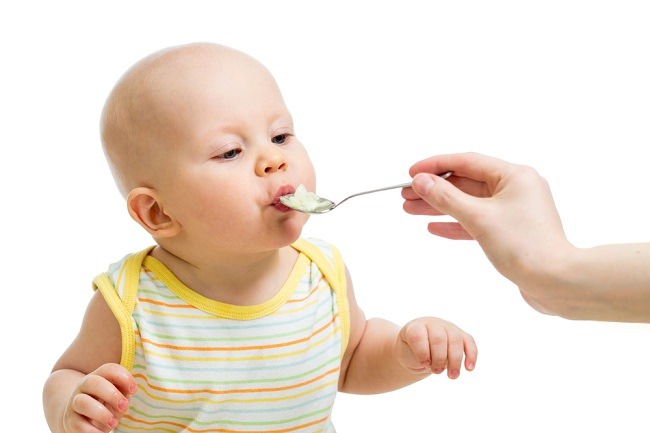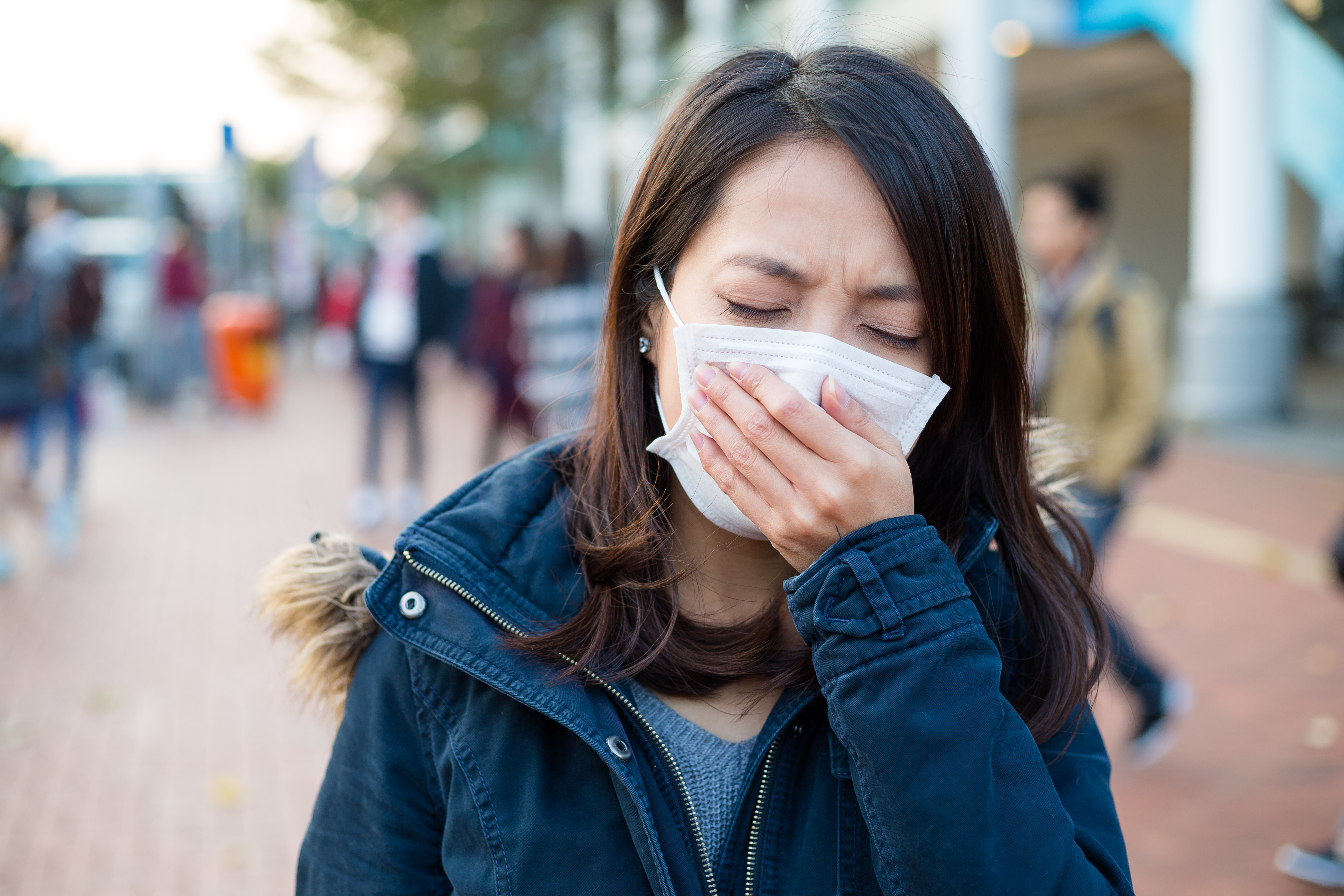Foods that cause stomach acid to rise are the types of foods that people with heartburn or ulcers need to avoid gastroesophageal reflux disease (GERD). This is important to prevent recurrence of symptoms and the appearance of complications.
Rising stomach acid in heartburn and acid reflux disease (GERD) can cause a bitter or sour taste in the mouth, heartburn, and other very disturbing symptoms. This discomfort can last from a few minutes to several hours.

Therefore, to prevent stomach acid from rising (reflux), it is important for you to regulate your diet as well as possible, including paying attention to what foods you eat and avoiding foods that cause stomach acid to rise.
Avoid These Foods That Cause Stomach Acid
The following are some types of foods that cause stomach acid to rise that should be avoided:
1. Fried
Fried foods are included in foods that cause stomach acid to rise because of their high fat content. Foods that contain lots of fat can trigger the production of the hormone cholecystokinin.
One of the effects of this hormone is the relaxation of the sphincter muscle between the stomach and esophagus which is useful for holding food in the stomach. If this muscle is open, stomach acid can move up into the esophagus.
2. Sour food
Avoid fruit and foods that taste sour, including oranges, lemons, strawberries, or foods that contain vinegar. The acid content in these foods can trigger heartburn that feels like burning, especially if the food is consumed when the stomach is empty.
3. Spicy food
Spicy foods are also included in foods that cause stomach acid to rise. Content capsaicin Spicy foods are known to slow down the processing of food in the stomach, so that the stomach becomes full for a longer time. This can trigger a recurrence of heartburn.
In addition, spicy food can also irritate the stomach wall. In people with ulcers, especially chronic gastritis, the stomach wall is already inflamed. Spicy food can certainly make this condition worse. Therefore, reduce or avoid foods that contain chili or pepper.
4. Fatty food
As explained earlier, fatty foods can trigger stomach acid to rise. This includes foods that are naturally rich in fat, such as beef, mutton, milk full cream, and dairy products, such as cheese, yogurt, and butter.
These foods are also processed longer in the stomach, increasing the risk of reflux. Therefore, the consumption of these foods needs to be limited, especially in people with ulcers and GERD.
5. Chocolate
Unfortunately, this delicious food should also be avoided if you do not want stomach acid to rise. Chocolate contains cocoa, fat, caffeine, and theobromine all of which can trigger reflux.
If you still want to eat chocolate, you can eat dark chocolate (dark chocolate). This type of chocolate contains less of these reflux-causing substances, so the risk of reflux is lower. Even so, its consumption should still be limited.
In addition to the several types of food above, there are also drinks that should be avoided, such as soft drinks and caffeinated drinks. This is because these drinks are acidic. Gas bubbles in soft drinks can also cause stomach acid to rise.
To reduce the risk of acid reflux, drink plenty of water and limit your caffeine intake, for example by replacing coffee with tea chamomile caffeine free.
In addition, consume stomach-friendly foods, such as vegetables, oatmeal, egg whites, as well as foods that contain healthy fats, such as avocados, walnuts, sesame oil, and olive oil.
Avoiding foods that cause stomach acid to rise may not be easy, especially if these foods have become your favorite foods. However, remember that prioritizing health is more important than temporary enjoyment of food.
As has been said above, the diet of people with ulcers or GERD that is not maintained can lead to serious complications. If necessary, consult a doctor to find out what diet and types of food are best for your condition.









